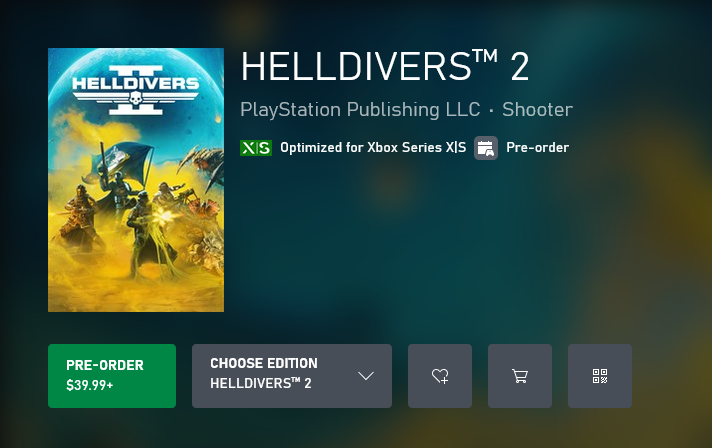While I too would prefer games being made multiplatform where possible, what
T
TheMule1983
isn't wrong. The appeal of consoles was the fixed hardware that companies could then design their games around, with a degree of low level optimization (including and up to "to the metal"/assembly coding!) that was not possible for PC games. That was how and why we got consoles punching above their weight, with games such as Metal Gear Solid 4 back in the day. Today, we no longer get exclusives that are tailored to the specific hardware they are targeting, except for with Nintendo (Tears of the Kingdom was the last major such exclusive). Microsoft's developers have all integrated PC into their pipelines, meaning variable hardware and scalability is part of the project scope from the get go, and even if they had not, they would have to accommodate Series S and Series X. Similarly, Sony is increasingly developing games with the awareness that they will eventually be released on PC, so they no longer leverage the unique hardware in the PS5 (such as the at the time cutting edge SSD which was beyond anything most high end gaming PC builds would have had) – but if Sony was still developing exclusives, they very much would be.
I also want to point out that developing for one fixed hardware configuration has one other benefit that often gets overlooked, and that is the level of polish that that can allow for. The more variable hardware you have to accommodate, the more potential for issues and errors arise, and we often see multiplatform games with less polish than exclusives because of this.
While I do want multiplatform games, pretending that there are no merits (and I haven't even listed all of them yet!) to exclusives would be dishonest (not necessarily saying you are doing this).








